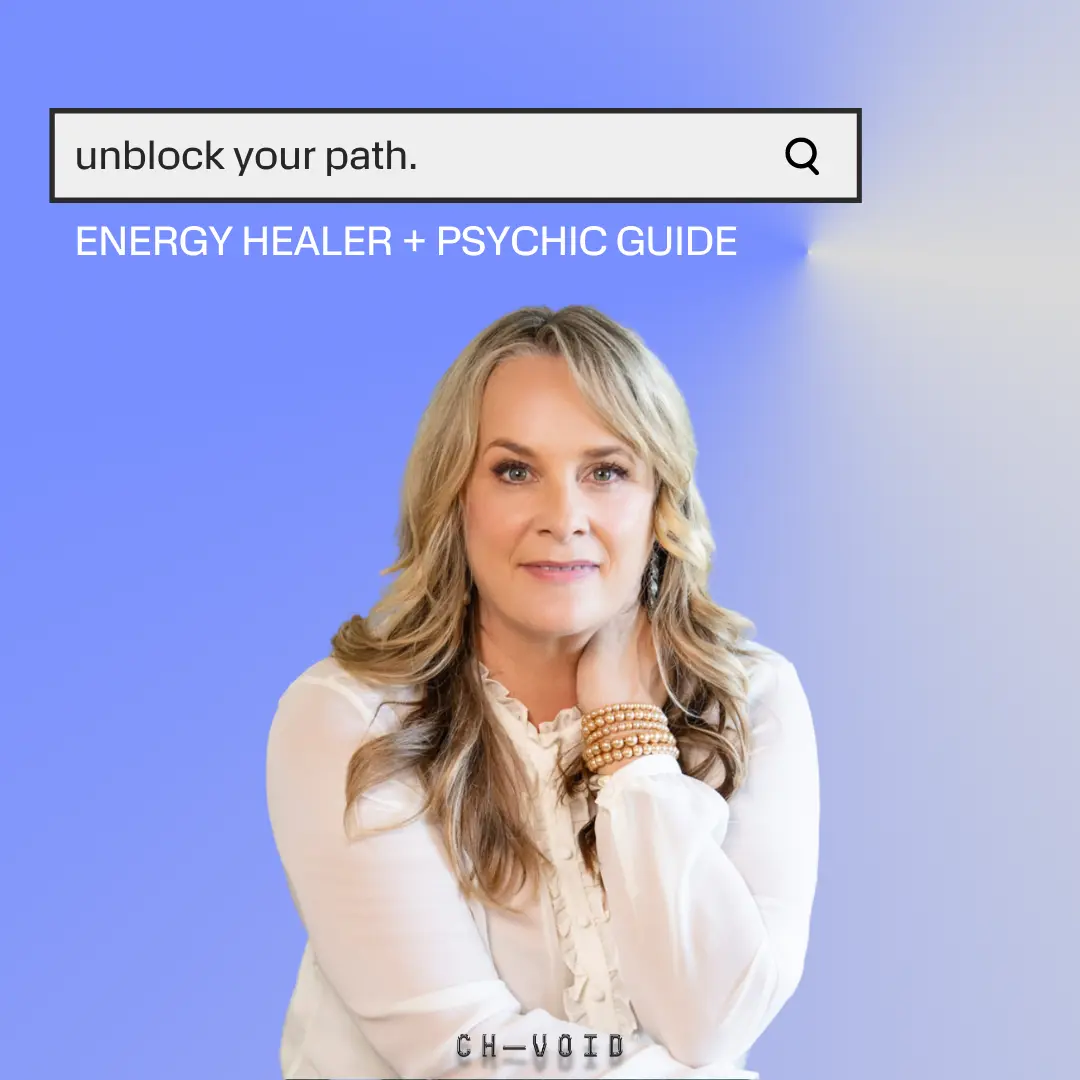When no one can hear you
Dealing with negative mental health stigma.
A big part of the battle when it comes to mental health is being able to talk about it. Because, as I’ve found through personal experience, talking about anxiety, depression and any other issues you may have is extremely cathartic and helps with the healing process. But given the fact that we are still dealing with negative stigma surrounding mental health, I can totally understand why some people would find it difficult to open up, for fear of being mocked, maligned, or, perhaps even worse – not being believed.
I recently wrote a story about being diagnosed with anxiety shortly after lockdown which, at the time, I thought had developed as a result of what we’ve been through these past few years. It has since occurred to me through therapy that there’s every chance that I’ve had anxiety since I was young and I’ve been suffering in silence for years. Because back in the nineties, noughties, and even up until recently, there’s been such a negative stigma surrounding mental health. People believe that you basically need to be at the point where getting out of bed is a struggle to recognise that you have a mental health issue. I’ve also, unfortunately, been surrounded by many people in my life that simply don’t believe in mental health issues. There are still so many people who insist that wounds can only be physical, and that if you’re going through something mentally, you just need to “get over it.”
The International Journal of Mental Health Systems identified that “stigmatising attitudes towards people with mental illness are prevalent in Australia.” It found that although there have been “some improvements in community understanding of common mental illnesses (particularly depression and anxiety)”, we certainly have a long way to go as “there is still widespread misunderstanding and ignorance.”
According to a recent study, mental health service providers have indicated that stigma surrounding mental health has led people to “disengage” from seeking treatment. This is a real problem because as we know, therapy is such a valuable tool in learning to live with anxiety and other mental health issues. So the fact that someone would be afraid to seek therapy as a result of negative stigma is absolutely heartbreaking.
It’s important that you don’t allow negative stigma to create doubt, fear or shame. If you feel like this is happening, do not isolate yourself. Speak to your therapist and other friends and family who have your back because the problem here isn’t you, it’s them.
Dealing with people who don’t respect mental health.
The reason why the negative stigma towards mental health exists is due to ignorance. When people don’t understand something or they’re not informed about it, they either disrespect it or they simply refuse to believe in it. If you come across someone who isn’t taking your struggle seriously, the best way to help them understand is by educating them. But you can only do this by educating yourself first. Arm yourself with as much knowledge as you can so that when you’re engaging in a conversation with a sceptic, you can take it as a learning opportunity and gently explain how common mental health struggles are and what people are going through. As they say, knowledge is power, and explaining your struggle gracefully is the best defence against ignorance (only if you feel comfortable doing so).
I’ve found that sitting down with a loved one to discuss what I’ve been going through, why I’ve been down or absent, and explaining that this same thing is happening to so many people, especially during the pandemic, has helped bring about compassion and understanding.
If you don’t feel comfortable having a chat with this person, you could write them a letter or email with everything you want to tell them. Explain what you’ve been going through, how mental health impacts so many, and how their behaviour has affected you.
With that said, it’s also not your job to reason with combative people, so if you find that you’re just not getting anywhere, it’s more than okay for you to step away from the conversation and protect your energy.
It might also be worth inviting your sceptical loved ones to a group counselling session where a therapist can talk you all through the situation. If this seems unlikely, then perhaps consider asking them to come along to your next therapy session, after seeking clearance from your therapist first. Not only will it be beneficial for them to see you conversing with your therapist and the positive impact that it has on you to be heard and receive support, but it might also help them to speak to a professional as well.





















